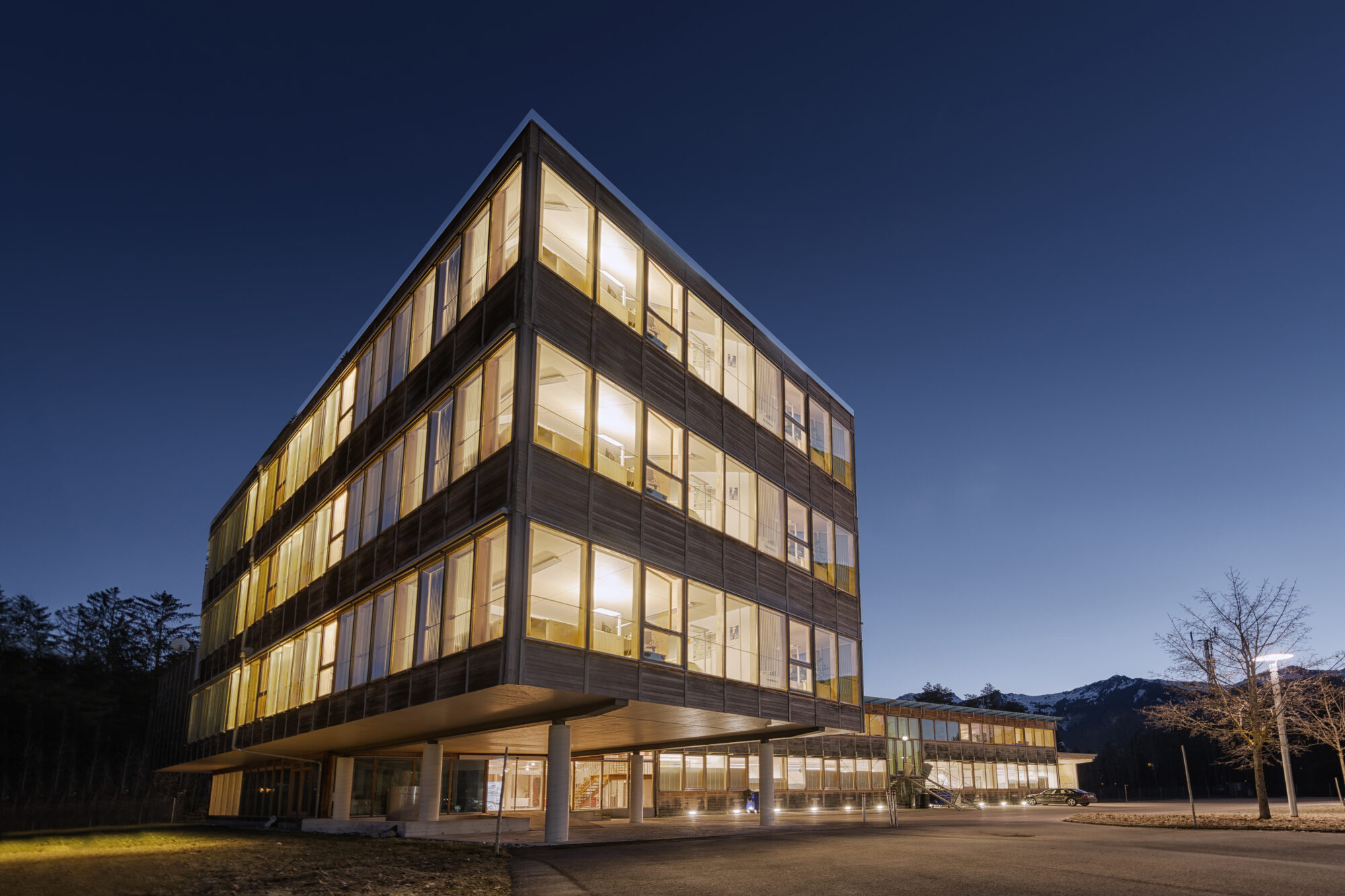Cloud vs On-premises Servers
One of the largest technology trends in the last decade is cloud-based computing. With PC software and mobile app data now being “stored in the cloud,” businesses no longer need to house their own data centers and employ extensive IT teams.
Along with the transition to cloud computing has come a new business model known as “software as a service,” or “SaaS.” Today, SaaS providers offer an array of services, including marketing, finance, security and project management platforms.
Because SaaS providers like Genea offer onboarding, training, and maintenance for their software, they alleviate much of the work that comes with on-premises servers.
Yet, while the benefits of cloud hosting are evident, many businesses still opt to use on-premises servers.
| Cloud Servers | On-premises Servers |
| Cloud servers are housed by remote data centers and are accessed remotely via software and mobile apps. | On-premises servers are owned and maintained by private businesses and can only be accessed with proprietary hardware within the building. |
In this article, we will review the basic functionalities of cloud server hosting and on-premises servers to highlight the benefits and drawbacks of each.
What Are Cloud Servers?
Cloud servers have a physical infrastructure with actual servers—the hardware is simply housed off premises with dedicated hosting providers. While certain cloud service providers own their own data centers, others lease space in such facilities.
While cloud servers have become immensely popular, a smaller percentage of access control systems today are cloud-based. (Fortunately, Genea is one of them.) Let’s review just some of the major benefits of cloud-based access control.
Added Scalability
Cloud servers offer immense computing power with little to no downtime. With a team of professional engineers behind them, cloud storage increases uptime and keeps customers happy.
One of the biggest selling points of implementing cloud-based access control is its scalability. Since cloud servers are housed remotely in dedicated data storage centers, they can be easily scaled with enterprise growth.
This simple expansion is a great alternative to having to design and build additional servers. With cloud-based access control, enterprises can circumvent common pain points: teams no longer have to find or make space for servers, and building managers can save on the costs associated with upgrading or buying new equipment. Even more, cloud-based access control systems easily integrate with other software via API interfaces to increase capabilities.
Increased Data Security
Cloud-based access control is also the best way to meet your business needs and prevent data loss.
SaaS companies depend on highly curated user experiences (UX); they offer robust data protection. While it might seem, at first glance, that cloud servers could be risky for storing critical data, platforms like Amazon Web Services (AWS) and Microsoft Azure are actually some of the most secure IT infrastructures in the world.
Due to the fact that cloud infrastructures host highly sensitive information, they are held to extremely high compliance standards. If you opt to work with a SaaS provider like Genea, you can trust that your data ecosystem is protected with high encryption.
Compared to a server that is susceptible to physical damage and complete data loss, cloud-based access control is also more popular for its effective disaster recovery.
Cost-effectiveness of Cloud Servers
Cloud-based access control saves businesses on initial up-front costs, computing resources, as well as the recurring costs of maintaining an on-premises network.
It takes capital to get an on-premises server network up and running. IT and security teams must design and build their data center.
SaaS providers offer customer support and troubleshooting 24/7. Not only does this eliminate your need to hire an expensive IT team, but it also keeps your system running smoothly with the latest software updates, keeping your organization in line with evolving business needs.
Access Control to Cloud Servers
Cloud platforms are the perfect match for the demands of the modern access control market.
Cloud-based access control systems like Genea increase the security and scalability of your operation, while also greatly reducing overhead costs and operating fees. Even more, because you can access these systems anywhere in the world with Wifi or cell phone service, they offer unparalleled convenience.
With cloud-based access control, you will reduce admin expenses while increasing the physical security of your building.
What are on-premises Servers?
On-premises servers are physically housed in the same building where they are used. With these systems, data is stored on physical hard drives within dedicated, secure data centers.
On-premises “refers to private data centers that companies house in their own facilities and maintain themselves.”
While many businesses are transitioning to the cloud server model, more than 90% of access control solutions are still run by physical servers in basements. Let’s take a closer look at on-premises servers and some of the key considerations:
Physical Data Storage
The fact that in-house servers require physical space and dedicated hardware for data storage greatly inhibits the ability to scale with these platforms.
If you are in a position to scale your operation, expanding with on-premises data storage will require a team of engineers and IT professionals. Not only must you reconfigure your dedicated servers, but you also have to build the room, purchase the hardware, and get the system up and running.
While on-premises servers pose many challenges, people enjoy the fact that they continue to keep running even if the internet connection is down. This notion is particularly important concerning security systems.
Physical Hardware
The fact that on-premises servers are physically housed on location does not necessarily translate into increased security.
While many people claim they simply “like to see their servers,” and are able to physically lock them up, this doesn’t really pay any dividends when it comes to protecting your data. In fact, some of the most damaging data breaches in history have occurred when hard drives were physically hacked or stolen.
Security issues with physical hardware aside, some companies must use on-premises servers to stay compliant in their given industry. In other cases, operators prefer not to outsource the storage of highly sensitive company data to cloud servers.
Cost-effectiveness of On-premises Servers
When looking at the full-package including installation, operation, and maintenance, house servers generally cost far more than cloud-based hosting options.
Because cloud-based servers are accessed through SaaS providers, they generally come with a full suite of benefits, too. From employee training to system maintenance, cloud-based SaaS platforms decrease the workloads of IT professionals for your operation.
In situations where on-premises servers are only used to accomplish basic tasks and don’t require upgrades, they can save you money after many years of use.
Access Control to On-premises Servers
While on-premises access control systems are still immensely popular in the security industry, more and more businesses are switching to cloud solutions. All things considered, choosing the right operating system now will save you considerable trouble down the road.
When it comes to both convenience and security, cloud servers are a better choice for access control than on-premises server hardware. Not only can you check the security of your building from anywhere in the world, but cloud servers are more secure than on-premises options.
Upgrade Your Data Security with Cloud-Based Access Control from Genea
As more companies have realized the immense savings of cloud technology when compared to on-premises servers, the cloud server market has exploded in popularity. Today, Genea is one of the leading cloud-based access control companies in the industry.
Not only will you save on up-front and operating costs with Genea, but we also provide 24/7 direct support and employee training. Finally, we keep your system updated to keep it performing at its peak.
| Cloud Servers | on-premises Servers | |
| Definition | Cloud servers are housed by 3rd parties in remote data centers and are accessed remotely via software and mobile apps. | on-premises servers are owned and maintained by private businesses and can only be accessed from within a certain building. |
| Scalability | Because cloud servers are housed remotely in dedicated data storage centers, they can be easily scaled when the need arises. | Scaling on-premises server networks requires both expensive construction work and costly IT hardware. |
| Data Security | Due to the fact that cloud infrastructures host highly sensitive information, they are held to the highest compliance standards anywhere. | While many people claim they simply “like to see their servers,” this doesn’t really pay any dividends when it comes to protecting your data. |
| Cost-effectiveness | The use of cloud servers saves businesses on initial, up-front costs, as well as the recurring costs of maintaining a computer network. | When looking at the full-package including installation, operation, and maintenance, on-premises servers generally cost far more than cloud-based options. |
| Access Control | Cloud-based access control systems like Genea increase the security and scalability of your operation, while also greatly reducing overhead costs and operating fees. | On-premises access control doesn’t provide the flexibility of remote access and commits you to a system that rarely upgrades. |
Genea’s cloud-based access control is the perfect marriage between security and convenience. Book a demo today to discuss Genea’s pricing and services.






